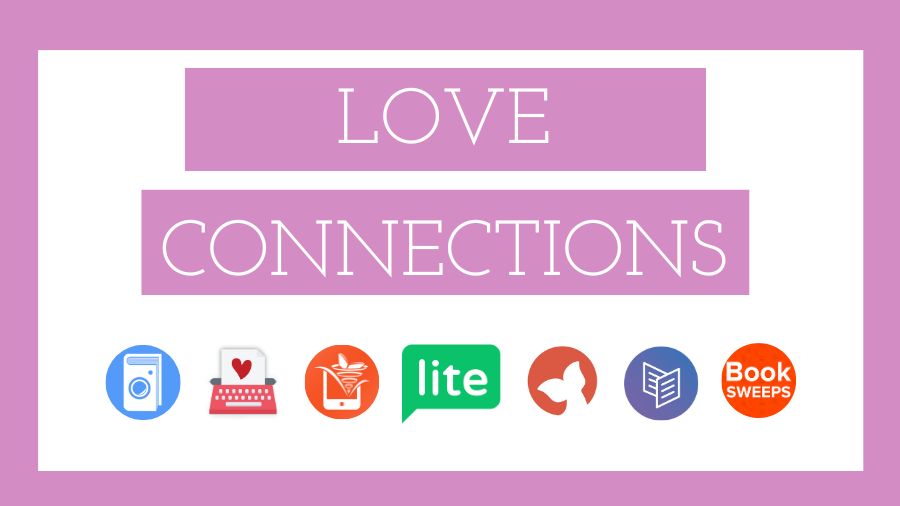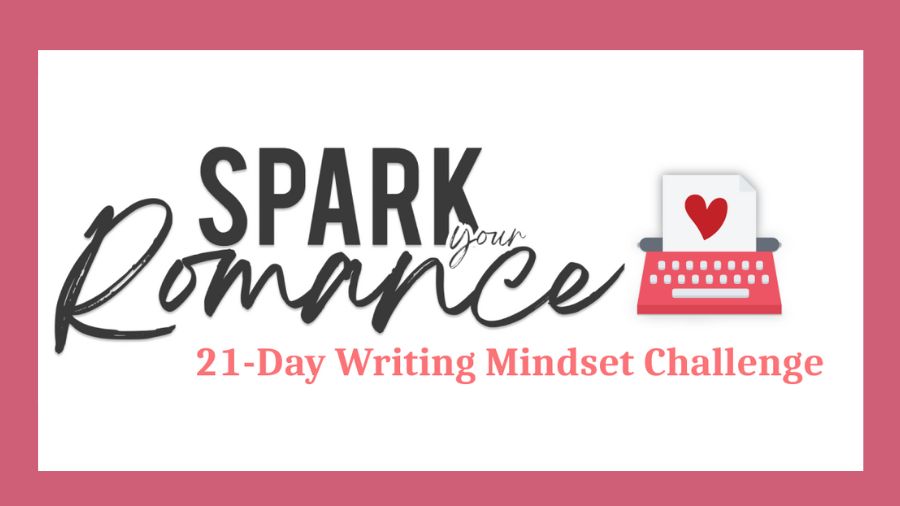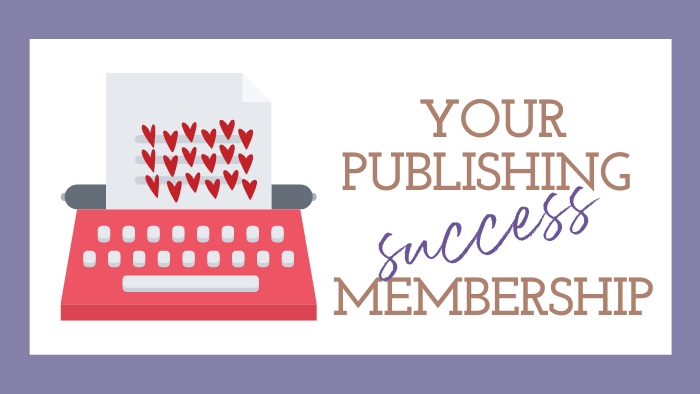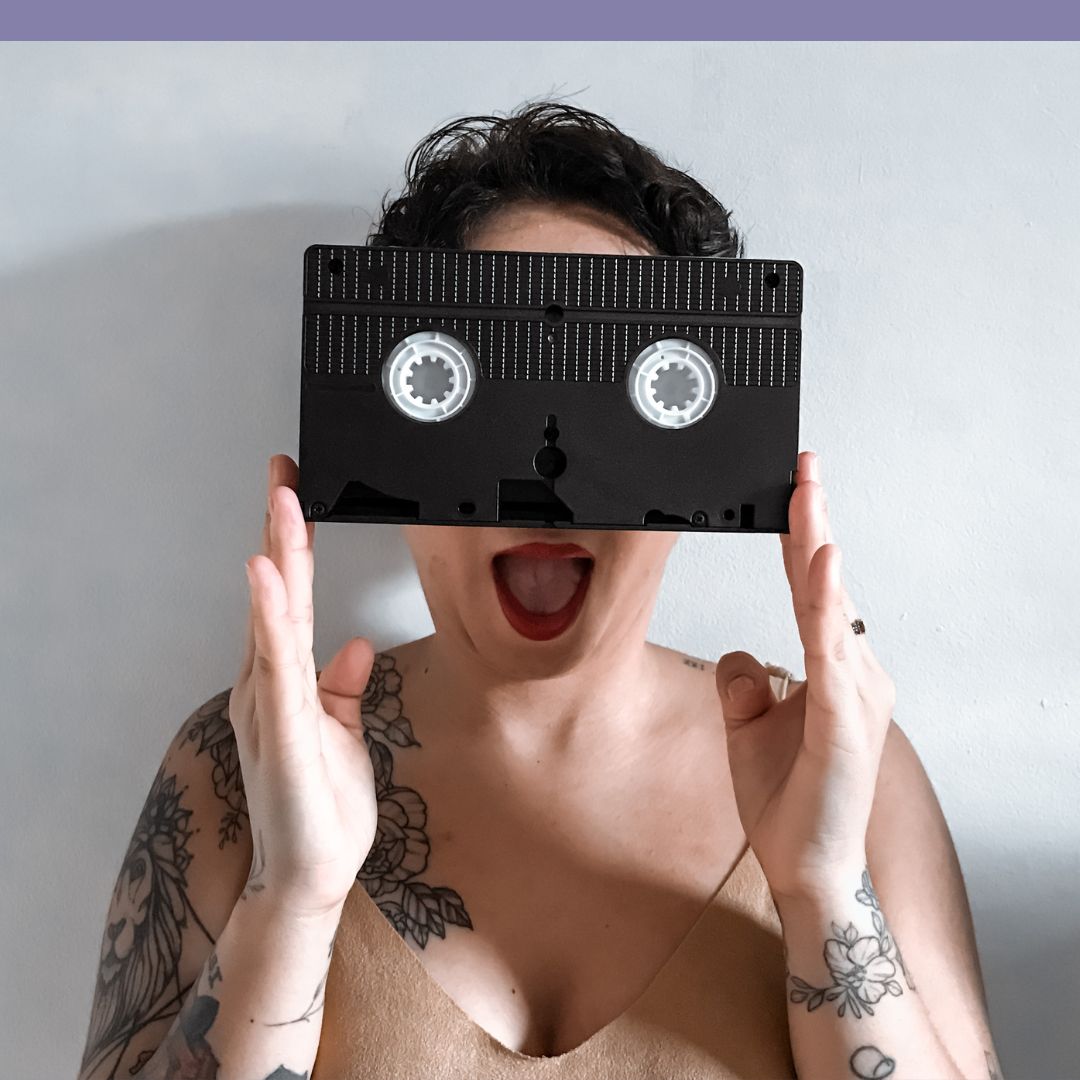Gain clarity and focus on your personal HEA. Overwhelm isn’t about lack of motivation, but often a lack of clarity. Prioritize your writing projects and find your writer’s true calling.

SEO for Romance Authors: How to optimize your metadata
SEO for Romance Writers: How to Optimize Your Book Metadata
If you’re a romance author, you already understand the fierce competition in the market. Yet, how can you make your novel stand out in this vast sea? The answer lies in a potent, often overlooked strategy: optimizing your book’s metadata. This article will dive into the essentials of metadata for authors, offering invaluable tactics to increase your romance novel sales and visibility online.
Metadata: The unseen force behind book discoverability
Before diving into strategies, it’s crucial to grasp what metadata actually is. In essence, it’s the background information—like genre, keywords, and description—attached to your book. Effective metadata ensures that your target readers find your work when they search for new romance novels.
Now, how can you use metadata to your advantage? Start by understanding your niche within the romance genre. For example, if you write “historical royal romance,” ensure those terms are present in your book’s description or keyword section. These nuances make all the difference in romance sub-genre ranking.
SEO tips: Making your romance novel irresistible online
1. Keyword planning for authors
Begin by listing terms you believe readers might use to discover your book. Tools like PublisherRocket and KDSpy and Google’s Keyword Planner can help refine your list, shedding light on high-traffic, low-competition keywords. (See PublisherRocket vs KDSpy)
2. Embrace your sub-genre
As mentioned earlier, specificity can amplify your visibility. Instead of just “romance,” consider terms like “contemporary cowboy romance” or “paranormal romance with werewolves.” This precision boosts your chances in romance sub-genre ranking.
3. Integrate keywords naturally
When writing your book’s description, ensure the selected keywords flow seamlessly. Google and other search engines favor content that’s user-friendly and organic.
4. Keep metadata updated
Metadata isn’t a one-time task. Periodically revisit and revise your book’s metadata, especially if you notice a drop in sales. Market trends change, and so should your strategy. By keeping an eye on best-selling romance novels and trending keywords, you can adjust your metadata to better suit current demands.
In the realm of digital bookshelves, even the most engaging romance novel can be overshadowed without strategic metadata optimization. By leveraging the tactics shared above, you’re not only ensuring your book becomes more visible but also paving the way to increase your romance novel’s sales. Remember, in the digital age, a book’s success is as much about its discoverability as it is about its content. Invest in your books’ metadata and watch your romance novel’s improve.
Want help with your metadata?
Book a free 30-minute strategy call!
Get the publishing support you need
Get my top 17 tools for authors
Download a free guide with the tools I use as a romance author to find and engage readers. No email required—my no-strings-attached gift to you for visiting my site!
Reset your mind—finish your romance novel
Get the science-backed tools, motivation, and accountability you need in this 21-day challenge with daily exercises designed specifically to help you to finish your romance novel.

















